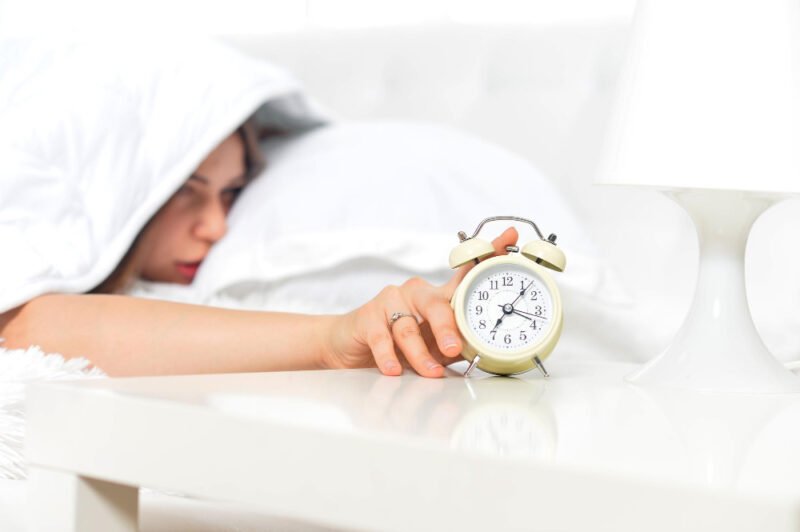Three key things can lead up to the development of this disease.
It doesn’t help your well-being much if you head an unhealthy lifestyle.
Despite how good our habits might be, there is still ample room for huge improvements or tweaks.
I was one of those people eating refined snacks, eating more than I should and adding many servings of sugar into the mix.
Back then, I did believe I was eating well. Wow, how that has changed over the years!
It’s a shock when you visit your doctor, for one thing — and then be diagnosed with something that only needed basic lifestyle changes.
People who seem to stay up late, get by with very little sleep, and perhaps nap during the day for long periods have a high risk of developing fatty liver disease.
What the research says about poor sleep
Researchers observed 5011 Chinese adults with fatty liver disease and found that late bedtimes, snoring, and daytime napping of over 30 minutes lead to an increased risk of fatty liver disease.
In addition, if these people were obese, leading sedentary lifestyles showed even more prominent effects on sleep quality than others.
If there are moderate sleep improvements, you can significantly reduce your risk of fatty liver disease by 29 per cent.
More research is required so that studies can be conducted to uncover what strategies can be encouraged for better sleep quality long term.
Fatty liver disease is a leading chronic liver disease suffered by many people all over the globe.
A catalyst for fatty liver disease is metabolic disorders like obesity and type two diabetes.
Unfortunately, fatty liver disease can eventually lead to liver disease, a great burden to society.
Key take away
To attain better sleep, why not start a regular exercise program, and stop eating at least three hours before sleep?
Taking magnesium also helps to ease muscles and induce relaxation. I would not drive a car after taking magnesium!
Suppose you need to nap during the day; perhaps transition that sleeps time forward to the evenings and makes up a nice relaxation ritual that induces sleep during bedtime.
But, unfortunately, even a 15-minute nap during the day can wreak your evening sleep.
Do you nap during the day and find sleeping hard in the evening?
Please help support all the wonderful writers on this platform by subscribing to Medium here. It helps to encourage writers like myself who want to make a positive difference in people’s lives.
You can also follow me on YouTube for the latest, science-backed research on health, weight and weight training, and an endless supply of healthy recipes.
You may also like to download my FREE Fat Loss Recipe book.
I appreciate your support.
